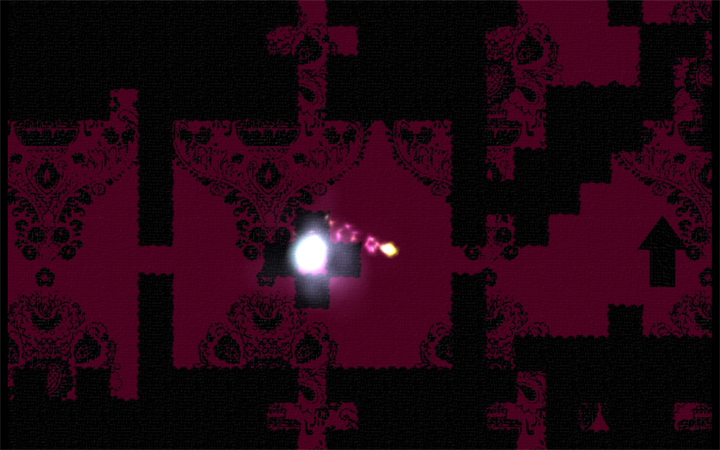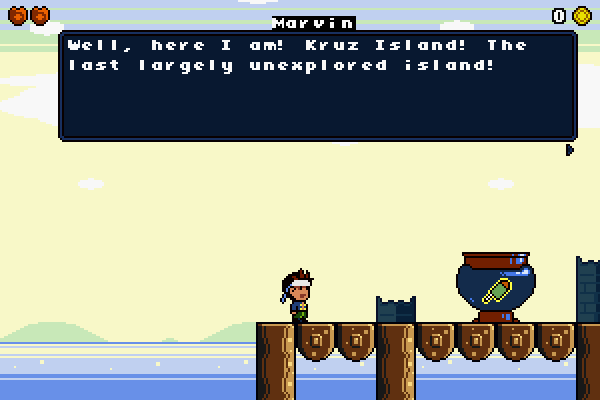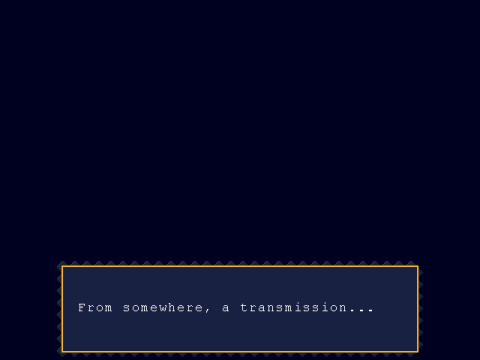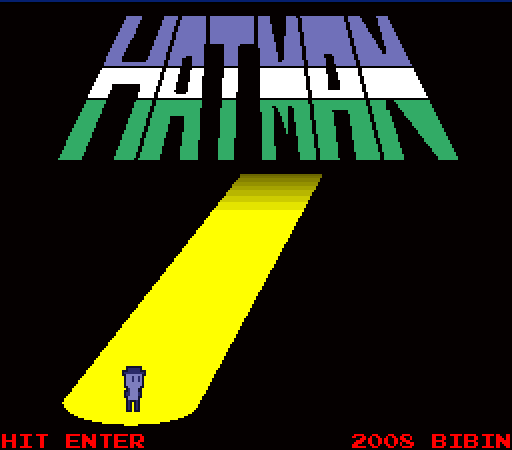Indie As Hell: Queer Village
Sunday, October 26th, 2008
Imagine two overlapping circles. In the center of one circle, the word “Games”; in the center of the other, “Sexuality.” In the intersecting portion — the lemon-slice that exists between the realm of “Games” and “Sexuality”, the word “Art.”
The concept of sexuality is one rarely dealt with in the indie games community — a mysterious function which accepts an argument of type Effort and return void. To attempt to tackle such a broad and imposing concept would require not only a firm grasp on “Art,” and the ability to talk to a girl (one day, I swear it) but balls quite literally made of steel.
I have admired my distorted reflection in the cold, convex surface of Matias Kallio’s loins, a veritable hall of mirrors held within the groin of one man, and have looked a gay in the eyes — yet I have never seen such a brutal depiction of homosexuality as I’ve seen from this member of the NIGSource community. Yet the head upon which sits the Crown of Gay is not the head of Derek Yu — nay, the King of All Gays — the man who presides upon a throne made of another man’s naked flesh — is none other than Matias Kallio — he who possesses balls of steel and fists to match.
Yet his punches are not akin to the barbarism of our civilisation’s great fighters — Cassius Clay, Jack Johnson, Peter McNeeley — oh no, in fact they show little grandeur or fluidity, only an overly rehearsed combo, a powerful one-two, clearly drilled ad nauseum, a lifetime of work behind these two shots. The opening salvo? A threatening jab, not of bone and sinew coordinated in one glorious effort to dominate another being, but of art. Chased swiftly by the crushing animal force of a left cross (southpaw is the indie of pugilism) of intellect.
Matias Kallio’s ‘seminal’ (heh) work — Queer Village, is equal parts Mondrian and Borat.
You play a nameless character, a tabula rasa upon which to project your own identity. You are you, and you are leaving the comfort of Queer Village with your brother in search of mehrehem. You lose your brother. You must find him.
You glide with ease past sexual boundaries, unconstrained by the Puritanical views on sexuality. The metropolitan lifestyle enveloping you during your childhood in Queer Village stripping away any modicum of decency and self awareness your pitious soul may have once held. Your insatiable sexual appetite — and primal lust for mehrehem — your sole inspiration in life. Your deadful queer existence more a sad inevitability than a series of choices. Your quest not an unfolding book, but one long written, and covered in the dust of prejudice.
You are a gay, and no more than you can blame a dog for its actions can you be blamed for yours. Mattias Kallio has spoken the words on the Guantamo of our tongues, that which haunted our minds yet we thought destined to captivity forever, now given voice, given soul. What words has he chosen to impress upon the carbon paper of society for all eternity?
Gays are people too, no different to you or I. Not.
Queer Village by Mattias Kallio, 2.4 MB






